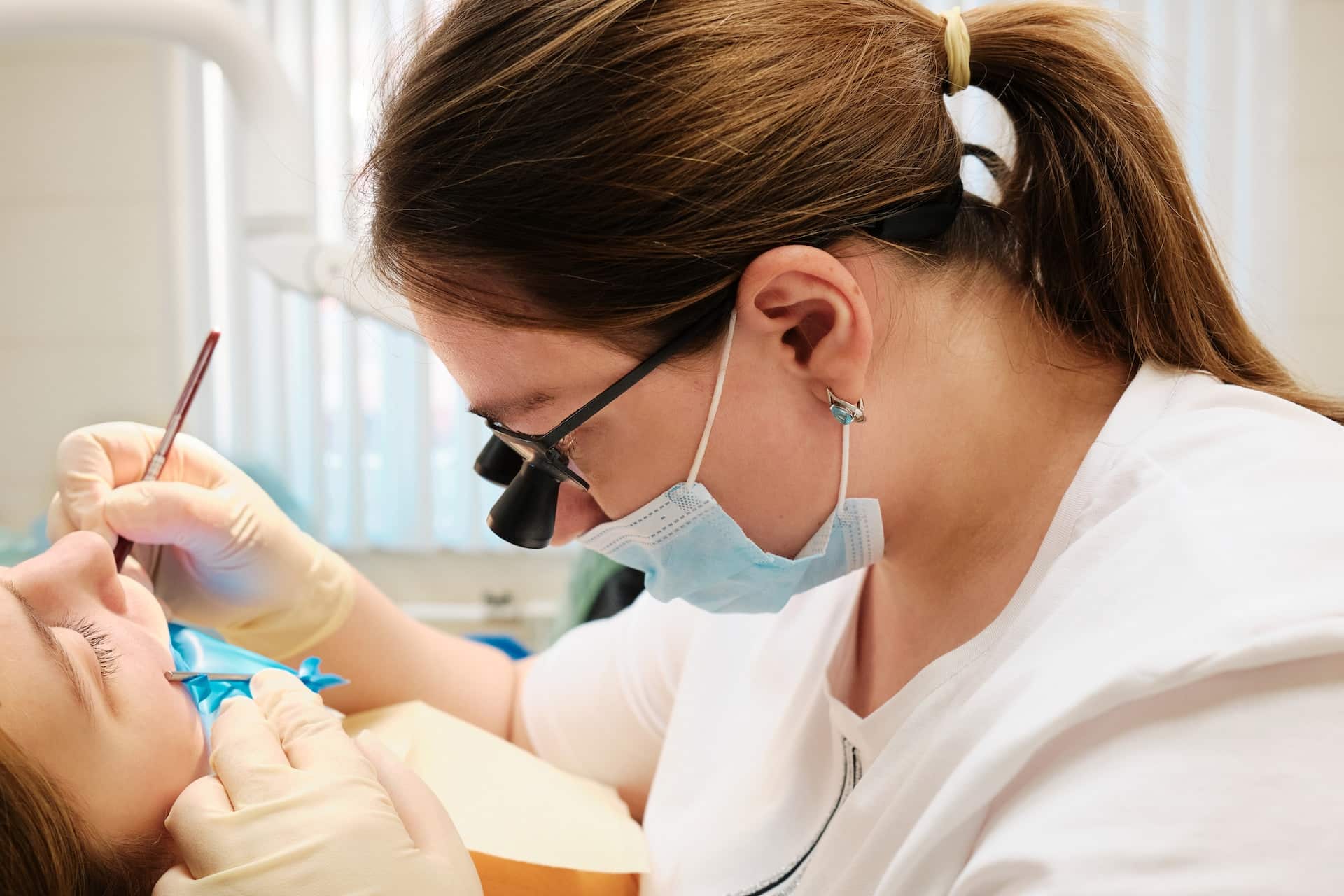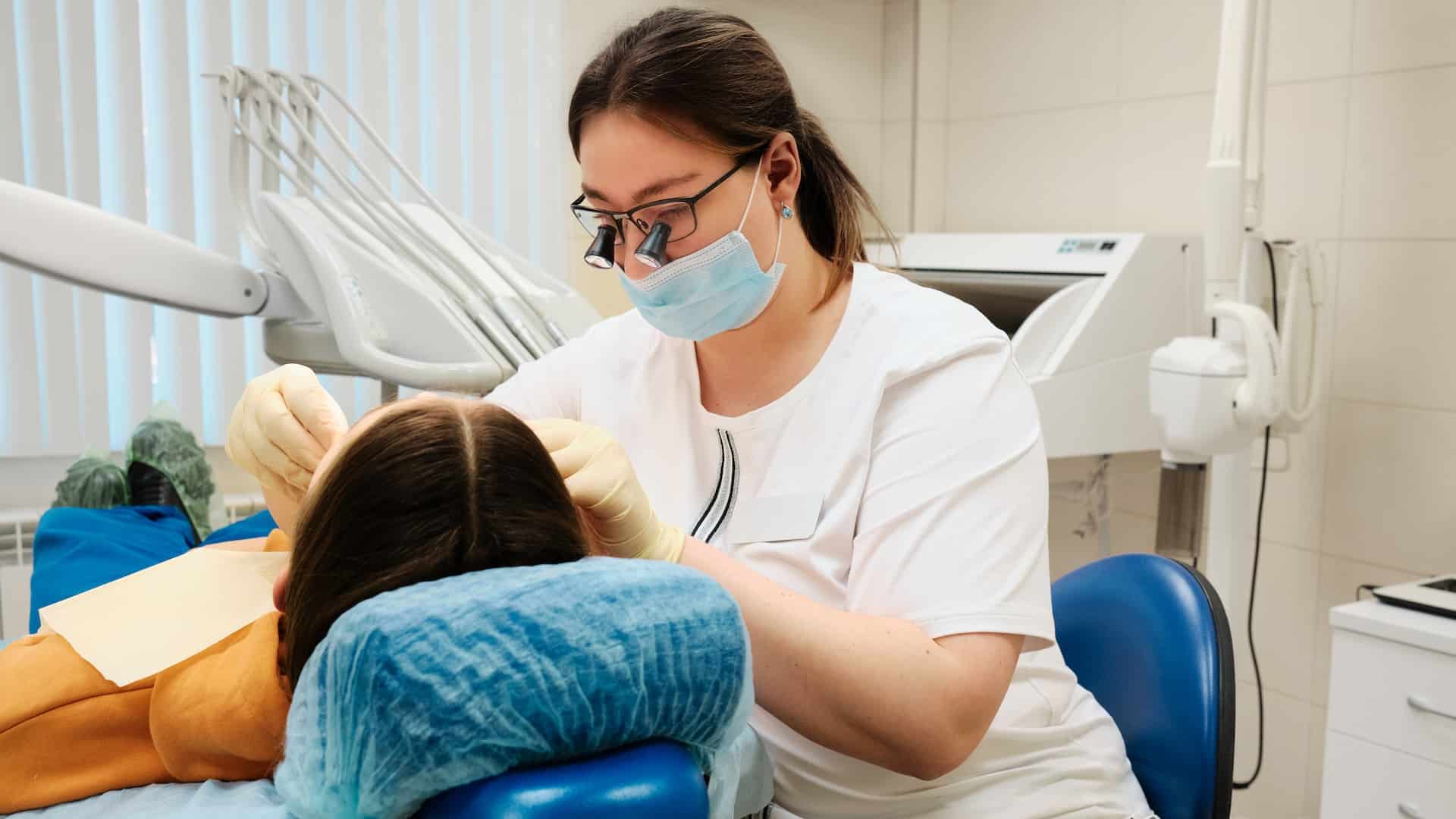Dental extraction, commonly known as tooth removal, is a procedure a dental professional performs to remove a tooth from its socket in the jawbone. Although dentists aim to preserve your natural teeth as much as possible, there are situations when a dental extraction becomes necessary. In this blog, we will discuss why you may need a tooth removed and what you can expect before the procedure.
Reasons for a Dental Extraction
1. Severe Tooth Decay
Tooth decay is one of the most common reasons for dental extractions. When tooth decay is extensive and reaches the tooth pulp (the innermost part of the tooth containing nerves and blood vessels), it can result in severe pain and infection. If the infection cannot be resolved through root canal therapy, the tooth may need to be extracted to prevent further complications.
2. Gum Disease
Periodontal disease, or gum disease, is an infection that affects the structures supporting the teeth, including the gums, periodontal ligament, and jawbone. Advanced gum disease, also known as periodontitis, can cause tooth loosening due to the destruction of the supporting structures. In such cases, a dental extraction may be necessary to prevent further damage to the surrounding teeth and tissues.
3. Impacted Teeth
Impacted teeth are teeth that have not fully erupted through the gum line, often due to a lack of space in the jaw or an abnormal eruption path. The most common impacted teeth are the third molars, also known as wisdom teeth. Impacted teeth can cause pain, swelling, and infection and damage the surrounding teeth and bone. Dental extraction is recommended to alleviate symptoms and prevent complications in these cases.
4. Orthodontic Treatment
In some cases, dental extractions may be necessary for orthodontic treatment plans. Orthodontic treatment aims to correct misaligned teeth and bite issues, and sometimes, removing one or more teeth can create the necessary space for the remaining teeth to be properly aligned. This is especially common in cases of severe crowding.
5. Fractured Teeth
Accidents, sports injuries, or even biting down on hard foods can cause a tooth to fracture. Depending on the severity of the fracture, your dentist may recommend a dental extraction. Extraction may be the best option to prevent infection and promote healing if the fracture extends below the gum line or compromises the tooth structure.
6. Dental Abscess
A dental abscess is a pocket of pus that forms due to a bacterial infection in the tooth or surrounding tissues. An abscess can lead to severe pain, swelling, and even life-threatening complications if left untreated. In some cases, if the infection cannot be managed through other means, such as root canal therapy or antibiotics, a dental extraction may be necessary to prevent the spread of the infection.
Before The Procedure
Before the dental extraction, your dentist will review your medical history and may take X-rays to assess the tooth and plan the extraction. Local anesthesia is generally used to numb the area around the tooth and ensure your comfort during the procedure. For more complex extractions, such as impacted wisdom teeth, you may be referred to an oral surgeon who can perform the procedure under sedation or general anesthesia.
Conclusion
Though dental extractions are often considered a last resort, they are sometimes necessary to preserve your oral health and prevent complications. Understanding the reasons for dental extractions and following your dentist’s advice can ensure a smoother healing process and maintain a healthy smile. Consult your dentist if you have concerns about an existing tooth or are experiencing dental pain, as early intervention can often prevent tooth extraction.
Are you in need of a tooth extraction in Pickering? Look no further than Pickering Dental Services! Our skilled dentists are experts in preventative dental care, so you can trust us to provide the best possible care for you and your family’s dental health. Schedule an appointment today!


